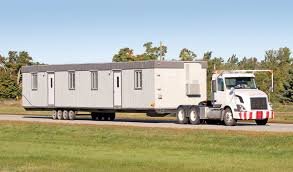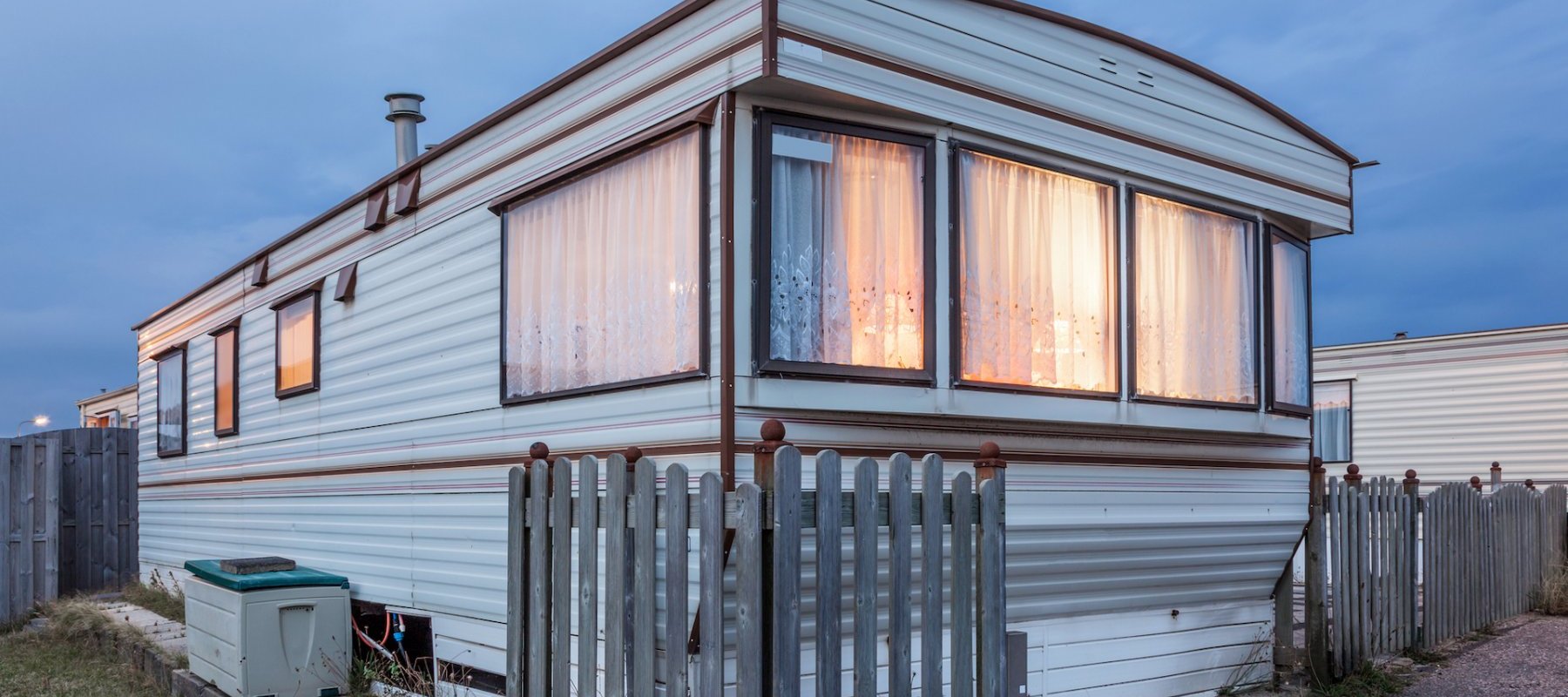
Moving a Mobile Home in Charlotte: Costs, Challenges, and Lessons Learned
Moving a mobile home is a significant undertaking that involves meticulous planning, financial considerations, and choosing the right professionals. For many mobile homeowners in Charlotte, relocating their property is an essential step to begin a new chapter. However, it comes with its fair share of challenges.
When my husband and I purchased our first home—a modest 12×60 single-wide mobile home—we faced these challenges head-on. Our decision to save costs by hiring a cheap mover quickly taught us that affordability doesn’t always equate to quality. This article will explore key factors to consider when moving your mobile home, the associated costs, and tips for ensuring a smooth relocation process.
Not All Movers Are Created Equal
Choosing the right mover is crucial. Unfortunately, not all movers uphold high standards of professionalism. In our case, the mover initially agreed on a price but later demanded additional payment, threatening to leave the job incomplete if his new terms weren’t met. Years later, another mover left a home uninstalled, instructing us to handle the setup ourselves.
These experiences highlight the importance of selecting movers based on more than just cost. Integrity, dependability, and professionalism are vital traits to look for when entrusting someone with your home. With tools like online reviews and referrals, today’s homeowners can better assess a mover’s reputation and reliability.
How Much Does It Cost to Move a Mobile Home in Charlotte?
Moving costs for Charlotte mobile homes have risen significantly due to increased labor, fuel prices, permits, and insurance costs. While prices vary depending on the home’s size and distance, here’s a general breakdown:
- Single-wide mobile home: $3,500 to $5,000
- Double-wide mobile home: $5,000 to $10,000
Distance plays a smaller role than expected in determining costs. Whether you’re moving your mobile home across the street or 20 miles away, the base price often remains consistent due to the fixed expenses associated with disconnection, transport, and setup. Long-distance moves exceeding 60 miles or crossing state lines may incur additional costs.
Legal Requirements for Moving a Mobile Home in North Carolina
North Carolina law mandates that only licensed, bonded, and insured professionals can transport mobile homes. While homeowners can handle the setup and anchoring of their homes, attempting to transport a mobile home without proper licensing is illegal and dangerous. This regulation ensures safety for both your property and other drivers on the road.
Hiring professional movers not only complies with legal requirements but also provides peace of mind. Experienced movers will handle permits, insurance, and logistics, minimizing the risk of damage during transport.
Factors Influencing Moving Costs
Several factors affect the overall cost of moving a mobile home:
- Size of the Home
Single-wide homes are more affordable to move than double-wide or oversized homes, which may require additional permits, guide cars, and special routes. - Condition of the Home
Older homes may need repairs to make them roadworthy. Rusted hitches, damaged tires, and worn axles can add to the expense. - Permits
Transporting a mobile home requires permits from local authorities. Homes in poor condition may not receive permits, forcing owners to consider demolition instead. - Distance
Moves exceeding 75-100 miles, especially those crossing state lines, incur higher costs due to additional logistics and fuel expenses. - Supplies and Equipment
Replacing or renting necessary parts, such as tires or axles, can add to the cost. Renting mobile home wheels costs around $50, while axles may range from $150 to $200 each.
Tips to Save Money When Moving a Mobile Home
While cutting corners on movers isn’t advisable, there are ways to reduce costs:
- Do Some Prep Work Yourself
Remove skirting, disconnect utilities, and take down porches or awnings before the movers arrive. This reduces the labor required and can lower your bill. - Choose the Right Mover
Research movers thoroughly. Read online reviews, ask for referrals, and verify their licensing and insurance. Avoid unlicensed or “outlaw” movers who may offer low prices but lack accountability. - Obtain Transport Insurance
Protect your investment by securing a trip or transport policy from your homeowners’ insurance. For $75-$150, this coverage can shield you from unforeseen damages during transport, such as shingles coming loose or cracks developing in walls.
When and How to Pay Movers
Reputable movers often require full or partial payment upfront, a reasonable request given the high costs of permits, labor, and fuel. To avoid disputes or incomplete work, ensure you hire a licensed and insured company with a clear contract outlining the terms of service.
The Risks of Hiring Unlicensed Movers
While tempting, hiring an unlicensed mover can lead to disaster. Homes have been abandoned mid-transport due to disputes, leaving owners to navigate costly recovery processes. Always prioritize professionalism and reliability over cost savings.
Conclusion: Relocating Your Mobile Home
Moving a mobile home in Charlotte, whether across town or to a neighboring state, doesn’t have to be overwhelming. By choosing a reputable moving company, preparing your home, and understanding the associated costs, you can ensure a smooth relocation process.
If moving your mobile home seems too daunting or costly, consider selling instead. At Tarheel Mobile Home Buyers, we offer fair cash offers for mobile homes in any condition, saving you the hassle of relocation. Contact us at 704-565-9351 or fill out our form today to learn more about how we can help.

